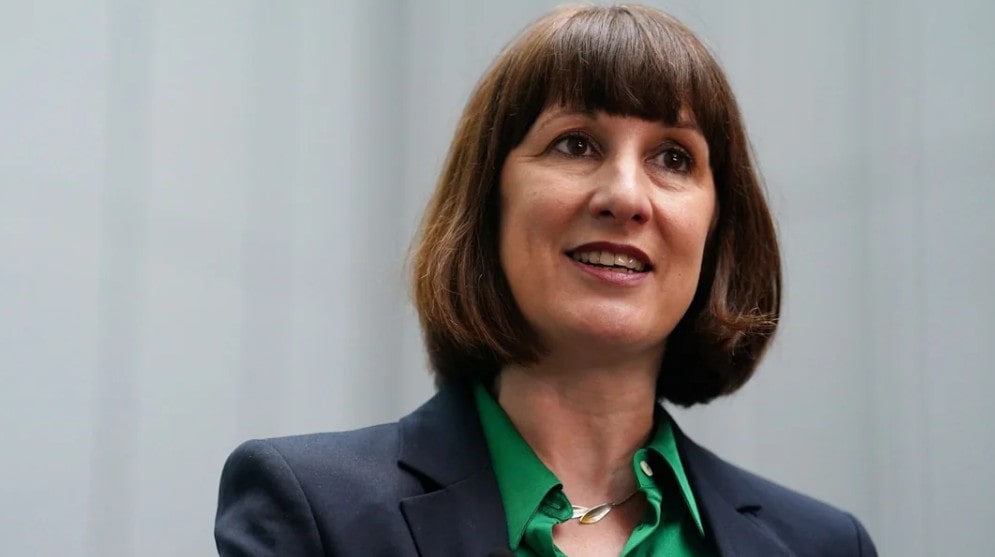Calls mount for Sir Keir Starmer to take a bolder stance on taxing the wealthy, as party members urge a major policy shift to tackle economic shortfalls.
Sir Keir Starmer is under fresh internal pressure as an overwhelming majority of Labour members call for a wealth tax to plug the growing deficit in public finances.
A new survey, shared exclusively with The Independent, reveals that 91 per cent of Labour members believe high earners should face increased taxation, igniting calls for a “radical change of direction” from the Prime Minister.
The push follows a leaked memo earlier this year in which Deputy Prime Minister Angela Rayner encouraged Chancellor Rachel Reeves to consider a package of eight potential wealth taxes rather than relying on cuts to public services.

Even senior figures are aligning behind the idea. Former Shadow Chancellor Anneliese Dodds voiced support for a wealth tax, warning that cuts alone would not provide “the kind of fiscal room that is necessary”.
The National Institute of Economic and Social Research (NIESR), a prominent economic think tank, recently estimated a £41.2 billion shortfall facing the Chancellor due to recent U-turns and increased spending commitments.
Ministers have already made cuts in the latest spending review, leaving little headroom for further reductions—raising the likelihood of tax hikes.
“The danger now is that the leadership are way out of step with the membership and potentially the country. These are exactly the ideas we tested at Labour Together and are the basis for winning and transforming the country. The leadership should be listening to members not out-of-touch factions,” warned Jon Cruddas, founder of Labour Together.
Two-Child Benefit Cap Also in the Firing Line
The poll, conducted by Survation on behalf of Compass, also revealed that 84 per cent of Labour members want an end to the two-child benefit cap—a policy increasingly seen as toxic within the party.
The issue has already caused unrest in Parliament. Seven Labour MPs, including John McDonnell, had the whip removed last year for voting against the cap.
Just last month, four more Rachael Maskell, Neil Duncan-Jordan, Brian Leishman and Chris Hinchliff faced similar disciplinary action for opposing controversial welfare cuts.
“The government were elected on a promise of ‘a decade of national renewal’ and so far they’ve tried to cut welfare for disabled people and suspended the whip from MPs who disagreed. Without a big reset, then the keys to Number 10 are being handed to Reform and Nigel Farage,” said Neal Lawson, director of Compass.
Discontent isn’t just policy-based. The leadership’s approach to internal dissent has drawn criticism, with 74 per cent of members saying MPs should not be suspended for challenging controversial legislation.
John McDonnell, a former Shadow Chancellor, didn’t hold back: “This confirms how starkly out of touch Keir Starmer is. It’s time for Keir not just to start listening to people beyond the Westminster bubble but also taking some decisive action.”
As Labour marks its second year in government, internal fractures are widening. Grassroots members and sidelined MPs are demanding more than rhetoric—they want a shift in substance. Calls for a wealth tax are growing louder, and if ignored, they could pose serious political consequences for Starmer’s leadership.
Progressive Tax Reform Now, Say MPs
MP Rachael Maskell, a vocal supporter of progressive taxation, argues that Labour must embrace fairer fiscal policies to meet community needs.
“Party members are clearly attuned to the injustices they see in their communities,” she said.
Richard Burgon, another MP who lost the whip last year, issued a stark warning: “Unless the Labour leadership completely changes its approach, it will continue to lose support and will open the doors for a Reform government.”
Labour Defends Its Record—But Is It Enough?
A Labour spokesperson declined to comment on the polling directly but pointed to progress made under Starmer’s leadership: “Labour’s urgent task when we took office was to fix the foundations after 14 years of Tory chaos. Our next priority is to create a fairer Britain for working people.”
The spokesperson also highlighted key achievements:
- Boosted the minimum wage for three million workers
- Free school meals and breakfast clubs for primary pupils
- Five interest rate cuts, saving homebuyers an average of £1,000 annually
“There’s much more to do, but that’s the change this Labour government has started to deliver.”
The poll surveyed 1,024 Labour members between August 5 and 6. Starmer’s balancing act between party unity and policy pragmatism is looking more fragile by the day. With finances stretched and party members restless, the calls to “tax the rich” are no longer whispers—they’re a roar.






